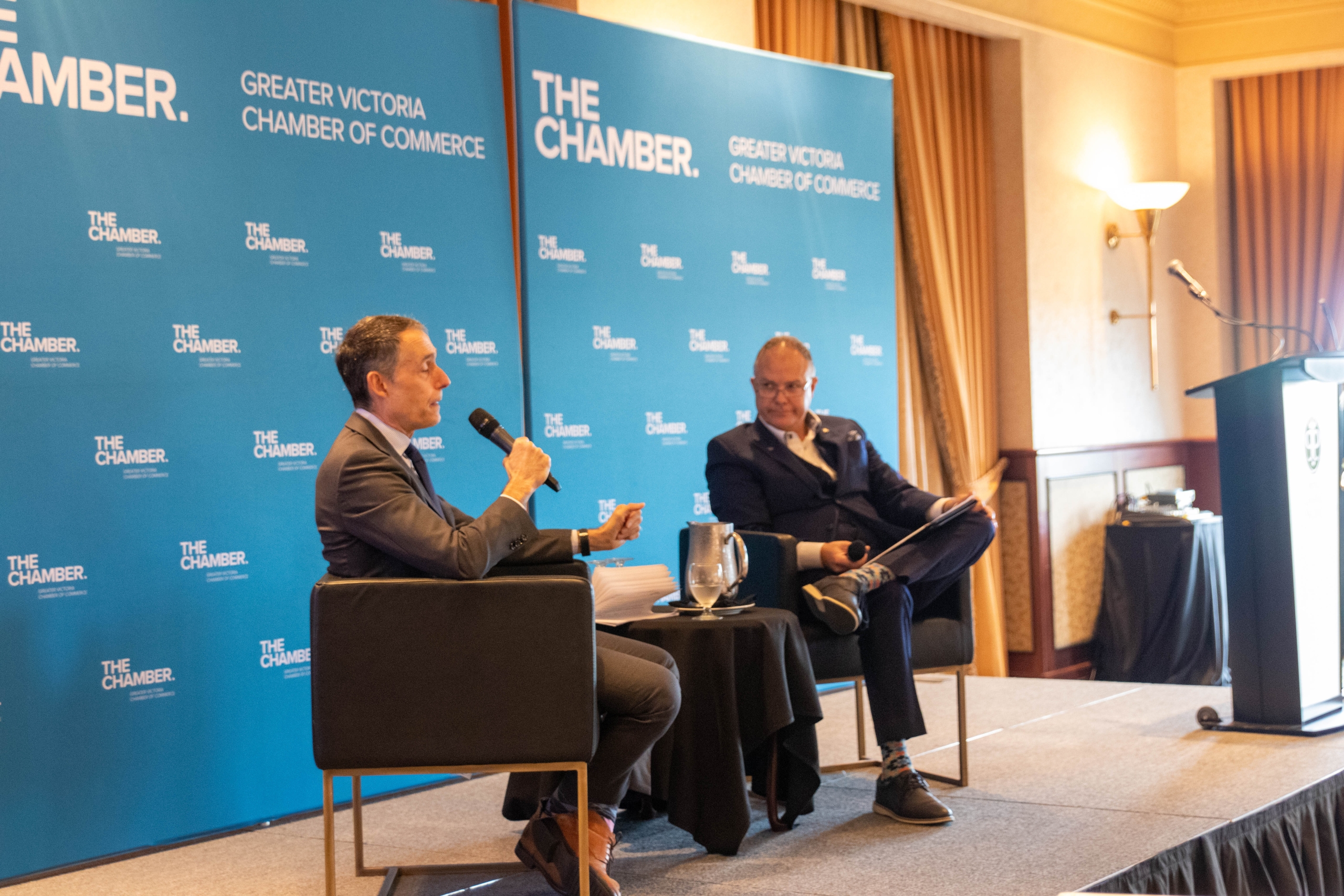Borrowing costs drop as Bank of Canada cuts rate
As expected, the Bank of Canada lowered its policy interest rate by 25 basis points, bringing it to 2.5%.
The news follows yesterday’s report from Statistics Canada showing inflation remains stable, coming in at 1.9% in August.
The Conference Board of Canada said a weakening economy makes the cuts appropriate, especially as we have so far avoided the rising costs that many feared would result from US tariff announcements.
“Up to now, inflationary concerns about the trade dispute with the US have largely been evaded,” the Conference Board said. “Looking ahead, we’re cautiously optimistic that this trend will continue, and that inflation will continue to moderate. On Sept. 1, the federal government removed retaliatory tariffs on $44 billion worth of goods which have been in place since March. The removal of these tariffs will take away some upward price pressure and has instilled further confidence in the Bank’s decision to cut its key policy rate today.”


























